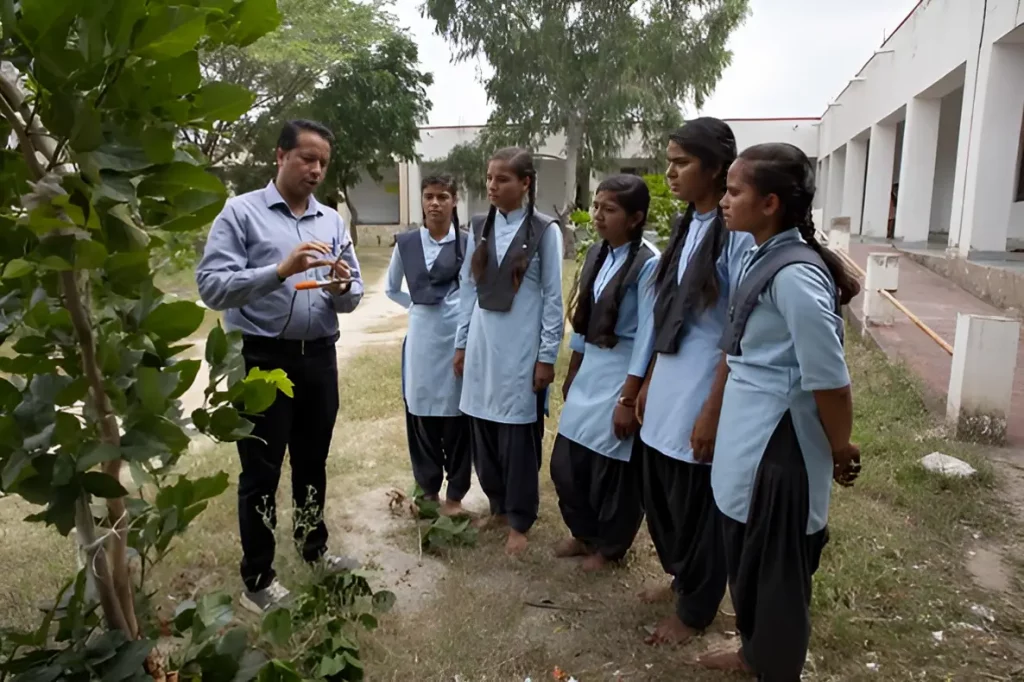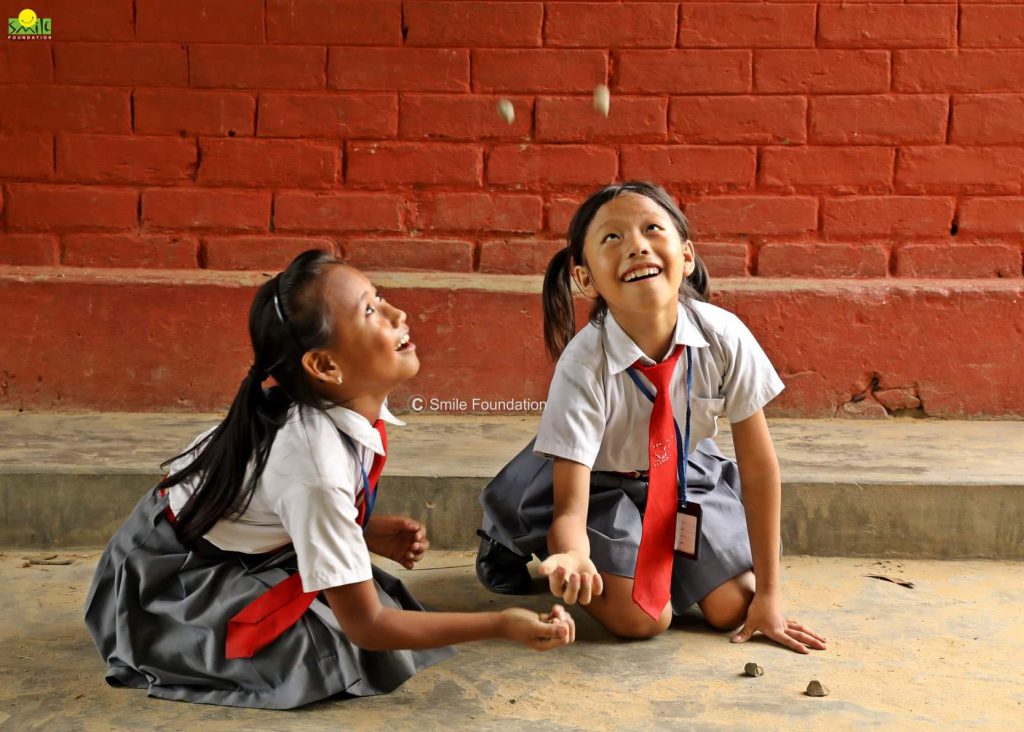In retrospect, Tagore’s conception of education shows him to be a visionary. Rabindranath’s philosophy of education aims at preserving harmony with the social and natural environment. Why? So that everyone acquires creative abilities and a connection with nature. This requires creative teaching techniques on the part of the educators.
If only we had incorporated his philosophy into the curriculum, we might be living in a different world today.
Holistic Education
Tagore’s vision of education was based on the belief that education should not be limited to the acquisition of knowledge but should also include the development of the whole person. According to Tagore, education should be a process of self-discovery. That a student learns to develop their potential and talents through creative expression.
Tagore’s approach to education was holistic, focusing on the development of the whole person. He believed that education should help students to develop their physical, emotional, and intellectual capabilities. According to Tagore, education should not be limited to the classroom, but it should extend beyond it to the natural environment.
Method of Nature
While it is true that making children participate in structured activities is beneficial, there is a growing consensus that allowing our children to play freely, doing things that do not require them to be structured and focused, is the way to go if we want this generation to live a life that’s healthy and stress-free.
Tagore also felt that acquiring knowledge using the “method of nature”, i.e. guessing and experimenting are more effective than explaining; unintentional learning and surprises are more appealing than concentrated effort; and experiencing and understanding the world hands-on is preferred to reading.
He believed that children’s independence ought to allow them to choose their activities for the greater part of their time. He criticises the majority of adults for structuring children’s time and activities to the point where they have no room to discover their voices and express themselves creatively.
Mother Tongue As a Medium of Instruction
Tagore’s fervent endorsement of the mother tongue as a medium of instruction in education is especially notable. He strongly objected to the educational system, which required students to learn everything in English.
People can freely express their thoughts in their mother tongues. Mother tongue is a more suitable medium for learning any skill, specifically when it comes to education. Tagore felt that there was a rift between those who could afford English medium schools and those who couldn’t.
According to research, education in the mother tongue can be beneficial for inclusion and quality learning, as well as improving learning outcomes and academic achievement. Tagore did not view the physical as a different domain but instead engaged the body and mind simultaneously through peripatetic education (the action of walking, discussion and deep learning), sense training, excursions and travel.
Sports and Body Movement
Tagore believed that schools should take care of their students’ physical health in addition to their mental health. He emphasised that they had a healthy diet and sufficient physical activity. According to him, children should be engaged in activities that require movement frequently in order to understand new facts and experience and gain knowledge. This is unlike rigid classroom education that sets apart body and mind.
Creative Teaching Techniques
Tagore was a poet, novelist, musician, painter, and playwright who did not believe in limiting himself to one medium. He believed that creativity was vital to human life and inspired everyone to be creative.
Tagore proposed that the child should be exposed to joyful creative teaching techniques in a free, universal, and open-ended knowledge system in which she or he explores all creative mediums. He encouraged students to be creative and express themselves through art forms such as music, dance, drama, and painting.
Tagore’s poetry legacy and the lessons it can teach us are limitless. Diversity, protection and praise of nature’s beauty, love and compassion, and the pursuit of happiness were common themes in his poetry, which left lessons for us to learn.
Conclusion
Tagore’s thinking undoubtedly was way ahead of his time. In this era of globalisation, Tagore’s philosophy has a lot to offer to everyone, particularly the education system. At a time when the education curriculum is all set to be revamped, Tagore’s ideas need gleaning through his various writings and educational experiments at Shantiniketan.
Equality, nationalism, and humanity that he propagated are alive and all the more relevant today. In general, he envisioned an education deeply rooted in one’s immediate surroundings but connected to the wider world cultures. It is predicated upon pleasurable learning and individualized to the personality of the child.
Smile Foundation believes that investing in children directly translates to a better quality of life for families. Through its various interventions like Smile centres and association with schools in different capacities, Smile Foundation’s flagship programme, Mission Education(ME) is all about ensuring that children from the lower social classes go to schools regularly.
This is to ensure that these children have a chance of turning around their lives out of poverty and impoverishment.








